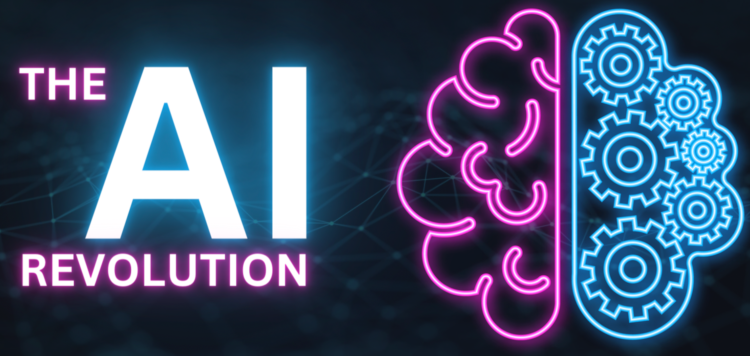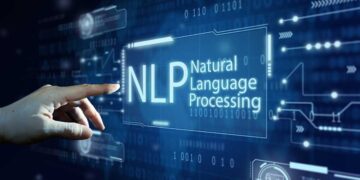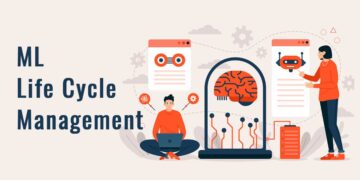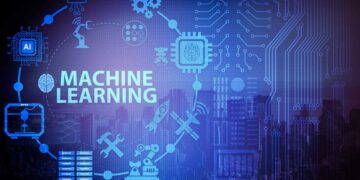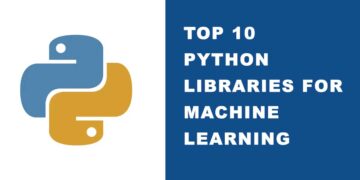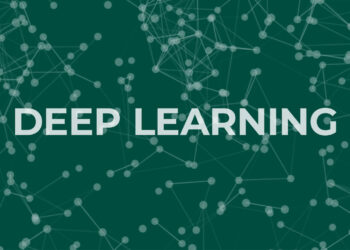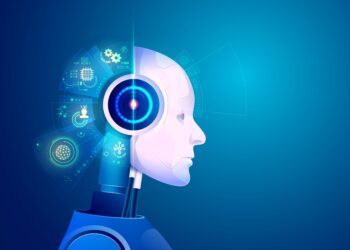The need for effective preparation and response has never been greater in the face of more frequent and serious natural disasters. Nonetheless, Artificial Intelligence (AI) is making its emergence as an effective instrument for disaster response with the potential to anticipate the unforeseeable thereby saving lives.
This article explores the transformative role of AI in disaster response and it focuses on its capabilities in prediction, preparedness, and response efforts.
From Reactive to Proactive: AI-powered Prediction
In the past, disaster response was mostly active and did not act until after a disaster occurred. Yet AI is turning the game around with its capacity to enable proactive measures through enhanced prediction abilities.
Here’s how:
- Data Analysis Powerhouse: AI is good at examining huge amounts of data from distinct sources like weather patterns, seismic activity, oceanographic data, and social media. Through detecting subtle patterns and correlations, AI models can forecast the possibility and likely magnitude of calamities such as earthquakes, hurricanes, and floods.
- Early Warning Systems: AI-powered early warning systems can process data in real time, triggering timely alerts for at-risk communities. This precious time allows for evacuation measures, infrastructure reinforcement, and emergency response mobilization before disaster strikes.
- Scenario Modeling: AI can simulate various disaster scenarios, allowing emergency planners to assess potential risks and develop more effective response strategies.
- Data Science and ML Model: Disaster management is boosted by data science through a process that involves artificial intelligence and machine learning in the analysis of huge datasets sourced from meteorological patterns, tweets, and historical occurrences. This facilitates the anticipation of catastrophes, thus prompting warnings and plans for evacuation before time. Resource allocation can also be optimized by data scientists who locate vulnerable points in both areas and infrastructure resulting in efficient mitigation measures as well as accelerated preparation periods. Multiple techniques like deep learning and statistics ML model predict this disaster before time. These Model creation and deployment processes are explained in depth in the data science course. Data Scientists develop such predicting models and deploy them in the system after gathering a huge set of datasets.
Beyond Prediction: AI for Disaster Preparedness
While prediction is crucial, AI’s value extends beyond forecasting disasters. Here’s how it bolsters preparedness efforts:
- Resource Optimization: AI can analyze historical data to identify areas most vulnerable to specific disasters. This empowers authorities to pre-position resources like emergency supplies, medical teams, and rescue equipment in high-risk zones, ensuring a faster and more efficient response.
- Infrastructure Risk Assessment: AI can analyze infrastructure like buildings and bridges to identify vulnerabilities to specific disasters. This allows authorities to prioritize repairs and retrofits, mitigating potential damage and saving lives.
- Public Awareness Campaigns: AI can be used to develop targeted public awareness campaigns based on location and potential risks. This can include personalized evacuation plans, safety instructions, and resource allocation information delivered through various channels.
AI in Action: Real-World Examples
AI is already making a difference in disaster response efforts around the world. Here are a few examples:
- DART Buoy System: The National Oceanic and Atmospheric Administration (NOAA) utilizes the Deep-Ocean Assessment and Reporting of Tsunamis (DART) system. This AI-powered system uses real-time underwater sound waves and seismic data to detect tsunamis and trigger immediate warnings for coastal communities.
- Hurricane Prediction Models: The National Hurricane Center (NHC) is leveraging AI to improve hurricane track and intensity prediction models. By analyzing vast amounts of weather data, these models can provide more accurate forecasts, leading to better evacuation decisions and damage mitigation strategies.
- AI-powered Drones: Search and rescue missions are crucial after disasters. AI-equipped drones can rapidly scan disaster zones, identifying survivors trapped in debris or remote locations. This saves valuable time for first responders and increases the chances of successful rescues.
Also Read: Navigating the Impact of Artificial Intelligence on Job Markets
Challenges and Considerations
While AI offers immense potential, there are challenges to consider:
- Data Quality and Bias: AI models are only as good as the data they are trained on. Ensuring high-quality, unbiased data is crucial for accurate predictions and fair resource allocation.
- AI Model Deployment: Full Stack Developers are involved in deploying AI models into production environments where they can analyze data in real-time. This involves setting up server environments, ensuring models are scalable, and integrating them with the front end via APIs so that predictions can be displayed to users. Frontend API development is discussed mostly in online full-stack developer courses.
- Ethical Considerations: AI algorithms can perpetuate existing societal biases. It’s vital to develop AI systems that are fair and equitable in their predictions and response strategies.
- Accessibility and Infrastructure: Implementing AI solutions requires robust infrastructure and technical expertise. Bridging the digital divide and ensuring equitable access to AI-powered disaster response systems remains a challenge algorithms can play a crucial role in enhancing disaster response efforts by making them more efficient and effective.
Conclusion
AI is a powerful tool that can significantly enhance disaster response efforts. By harnessing its predictive capabilities, optimizing preparedness strategies, and streamlining response actions, AI has the potential to save lives, minimize damage, and build more resilient communities in the face of natural disasters. As AI technology continues to evolve and overcome its challenges, we can look forward to a future where communities are better prepared and more responsive to the unpredictable forces of nature.

